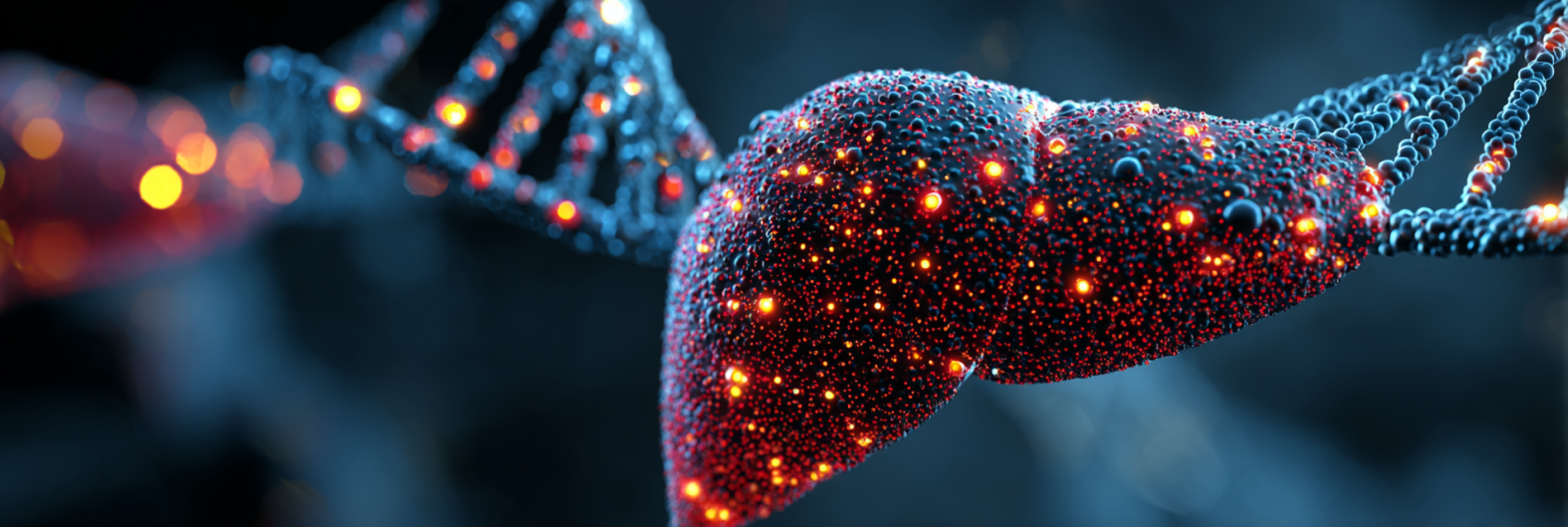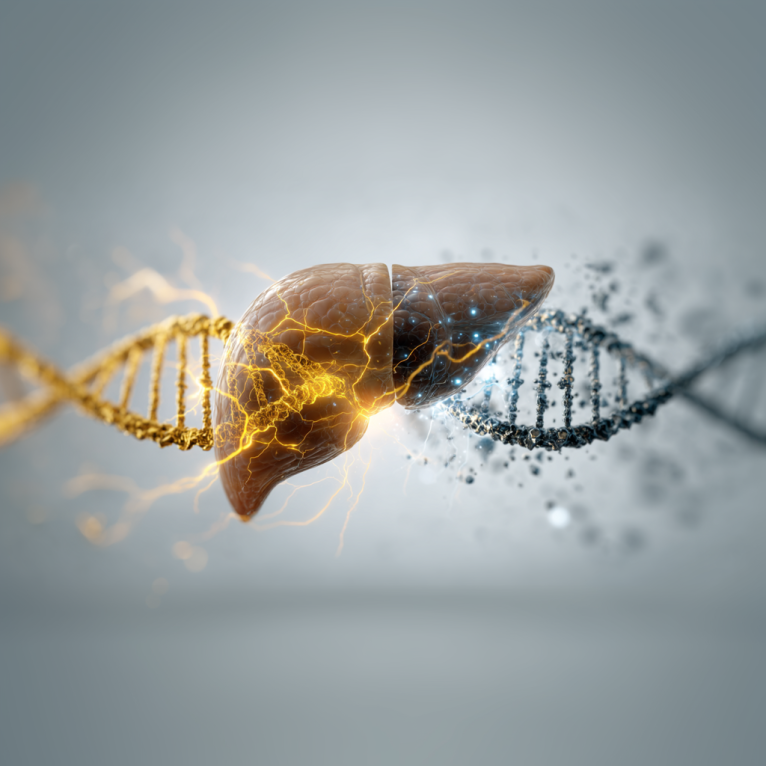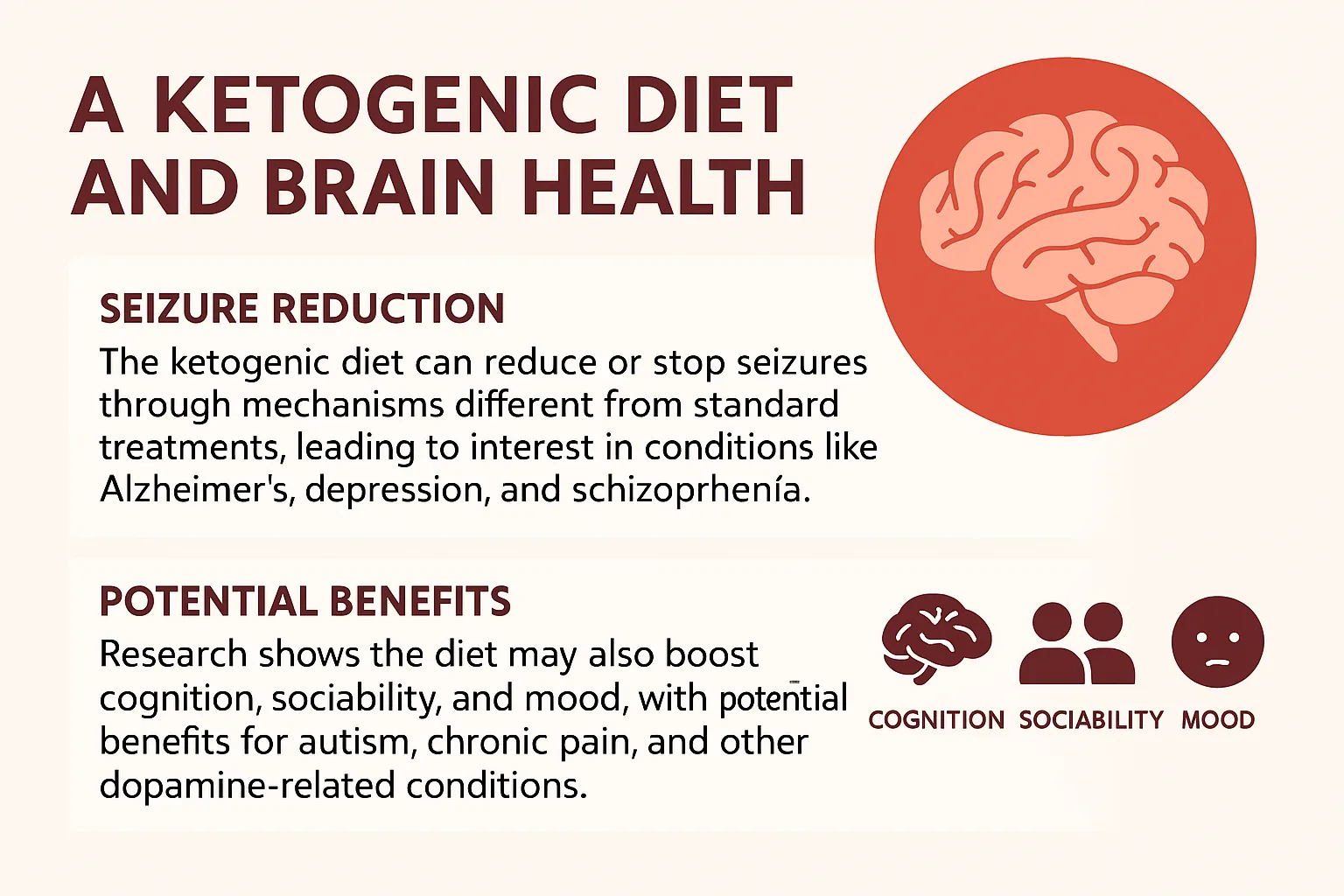
Genetics and the Ketogenic Diet
Ever feel like your metabolism is gaslighting you? The PPP1R3B Gene Could Be Messing With Your Metabolism (Even on Keto)
You’re skipping carbs like a champ, logging your meals, peeing on keto sticks, and… crickets. No fat loss. No energy surge. Just you, wondering if your body’s broken.
Well, maybe it’s not broken. Maybe it’s just wired differently—thanks to a little liver gene with a name like a Star Wars Droid serial number: PPP1R3B.
TL;DR – What You Need to Know About PPP1R3B and Keto
- PPP1R3B is a gene in your liver that controls how your body stores energy — either as fast-burning glycogen or long-term fat.
- Low activity in this gene leads to fat storage, even if your diet is dialed in.
- New research links PPP1R3B to insulin resistance, blood sugar issues, and fatty liver disease.
- On keto, this gene may influence how easily you enter ketosis and lose fat.
- You can’t change your genes, but you can work with them: track reactions, adjust carbs, train smart, and test your markers.
- This is a step toward personalized keto based on your actual biology—not guesswork.
New research out of the University of Pennsylvania says this gene might be pulling the strings on how your body stores energy—and it might be doing you dirty even while you’re doing keto right.
Let’s break this down, minus the BS.
What Is the PPP1R3B Gene—and Why Should You Care?
PPP1R3B (let’s call it “Triple P”) is like a thermostat for your liver. It tells your body whether to store energy as glycogen (a quick-fuel stash) or as fat (the long-term savings account nobody likes to touch).
When PPP1R3B is active, your liver says, “Cool, we’ll keep this energy handy as glycogen.” You burn through it fast. No biggie.
But when PPP1R3B is low or lazy, your liver shifts into fat-hoarding mode. Same calories, different fate—more fat sticks around, and your blood sugar doesn’t get the memo to chill.

That’s a big deal for anyone on keto, where your body is supposed to be torching fat like a bonfire. If this gene’s off, your fat-burning engine might be idling instead of revving.
Study Breakdown: PPP1R3B and Metabolism in Action
Dr. Kate Townsend Creasy and her research team manipulated PPP1R3B in both mice and human liver cells. Here’s what they found:
- Active PPP1R3B = More glycogen, less fat.
- Inactive PPP1R3B = Fat storage goes up. Blood sugar and insulin resistance follow.
This wasn’t just a fluke in rodents either. The same patterns showed up in human liver cells. That means this gene could explain why some people gain fat faster, struggle with insulin, or develop non-alcoholic fatty liver disease—even on a so-called “clean” diet.
🧪 Source: Science Advances, May 2025
Study link
What the PPP1R3B Gene Means for Keto Dieters

Now let’s connect the dots...
If your PPP1R3B gene is underperforming, your liver isn’t storing energy as glycogen—it’s turning it into fat instead. That means even if your macros are on point, your fat loss might stall.
On the flip side, if you’ve got a hyperactive PPP1R3B gene, you may actually be converting fat back into glycogen, or struggling to enter ketosis in the first place.
Bottom line? Your genes might be overriding your food choices.
This is why keto isn’t one-size-fits-all. It works beautifully—for some. Others might need to tweak their approach based on how genes like PPP1R3B are functioning.
How to Work With Your PPP1R3B Gene (Not Against It)
So, what can you do if your PPP1R3B gene is hoarding fat instead of helping you burn it? You’ve got more control than you think. Here’s where to start:
1. Pay Attention to Patterns
- Are you in ketosis but not losing fat?
- Do you gain weight quickly after minor carb slip-ups?
- Do you feel better on higher protein or after fasted workouts?
These are clues your PPP1R3B gene may not be playing nicely.
2. Test, Don’t Guess
Check fasting insulin, A1C, and triglycerides. If these are elevated, your liver might be pushing energy into fat storage. Ask your doctor for labs or use an at-home blood test.
3. Use Movement as Leverage
Exercise—especially resistance training—tells your muscles to suck up glycogen. That gives your liver a reason to make more of it instead of stockpiling fat. Bonus: it helps with insulin sensitivity, too.
4. Consider Strategic Carb Timing
People with an active PPP1R3B gene may tolerate small, well-timed carb doses—like post-workout sweet potatoes or berries. Those with sluggish Triple P may need to stay strict keto until blood sugar levels normalize.
5. Stay Ahead of the Curve
This research is pointing toward a future where you can swab your cheek and find out what diet works with your genes, not against them. Until then? Stay flexible and pay attention to how your body reacts—not just your app’s macro chart.
Real Talk: This Isn’t an Excuse. It’s Intel.
Let’s be crystal clear: the PPP1R3B gene doesn’t mean you’re doomed.
It means you’ve got new data—better tools to navigate your metabolism. Think of this gene as one more piece of the puzzle. It explains why some folks drop 15 pounds on keto without blinking, while others do everything “right” and hit a wall.
This isn’t about blaming your biology. It’s about working smarter.

A New Era of Personalized Keto?
This study opens the door to truly personalized nutrition. Not in a “try this supplement” kind of way—but in a gene-driven, lab-verified, science-backed kind of way.
Imagine knowing your PPP1R3B status before choosing your macros. Imagine a diet designed for how your liver stores energy—not just based on trends or TikTok influencers.
That’s where this is heading.
And if you’re already doing keto? This gene might help explain the quirks, plateaus, or sudden wins that never made sense before.

Wrap-Up: What to Take Away About PPP1R3B
Let’s sum it up:
- PPP1R3B is a key liver gene that decides if you store energy as fat or glycogen.
- If it’s low-functioning, your fat-burning might be sluggish—even on keto.
- Understanding this gene can help personalize your diet, exercise, and health strategy.
- You can’t change your genes, but you can change how you respond to them.
So next time the scale won’t budge, or keto feels broken, don’t beat yourself up. Your body might be doing exactly what it was coded to do.




